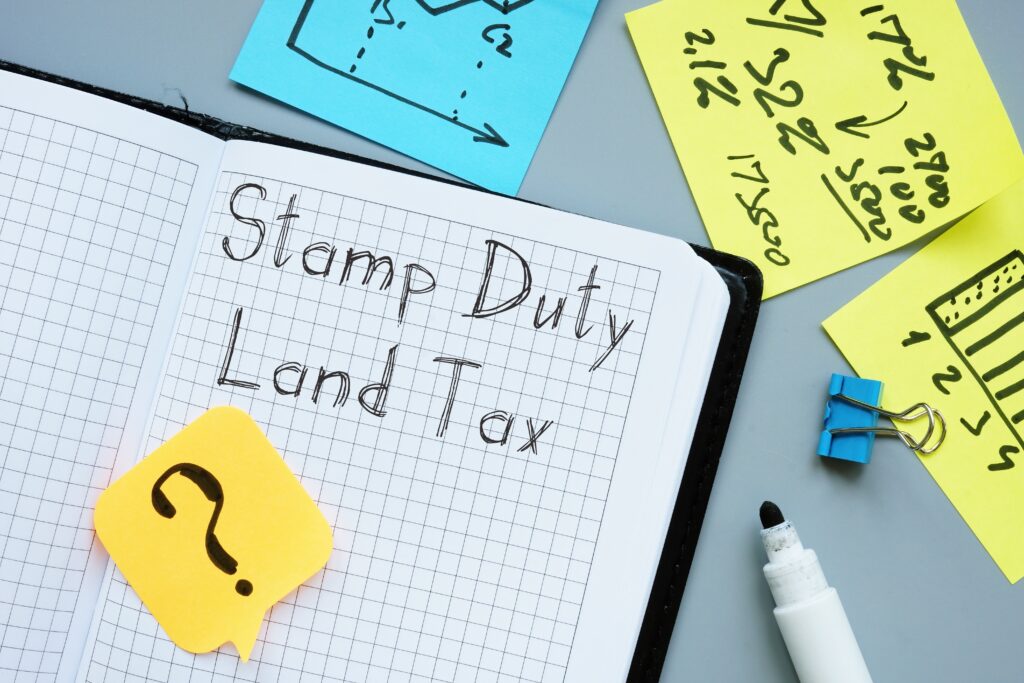What is Shared Ownership?
The shared ownership scheme is a government initiative first launched in the 1980’s with the aim of helping first-time buyers get onto the property ladder.
How does it work?
The concept of the shared ownership scheme is simple, and is often referred to as “part rent, part buy”. The scheme enables those eligible to buy a share of a property (between 10% and 75%), whilst paying rent on the remaining percentage to the nominated housing association.
Important to note: all properties purchased under the scheme are sold as Leasehold properties.
Eligibility
In accordance with the gov.uk website, you will qualify to buy a shared ownership property if the below applies to you:
- your household income is £80,000 a year or less (£90,000 a year or less in London)
- you cannot afford all of the deposit and mortgage payments for a home that meets your needs
Additionally, one of the following must also be true:
- you’re a first-time buyer
- you used to own a home, but cannot afford to buy one now
- you own a home and want to move but cannot afford a new home suitable for your needs
- you’re forming a new household – for example, after a relationship breakdown
- you’re an existing shared owner and want to move
Staircasing
The scheme provides for owners to be able to increase their share in their property, including the option of buying the remaining percentage of the property. This is known as staircasing, and in the case of buying the remaining share; final staircasing.
- Interim Staircasing: further shares in the property can be purchased – the minimum extra percentage that can be purchased will be stipulated in the lease. This, in turn, will reduce rent payments to the housing association.
- Final Staircasing: the owner of the property also has the option to purchase the full remaining percentage of the property. This will see the end of making any “rent” payments to the housing association.
Important to note:
- The amount of times you can staircase may be limited – always be certain to check the lease
- If the property is a house, in most cases once the final staircasing is complete the landlord will transfer the freehold interest to you. However, if the property is a flat, the title will remain as leasehold
Benefits of the Shared Ownership Scheme
- The scheme is ideal for buyers who have a low deposit
- Often, the scheme makes mortgages more accessible to those who cannot obtain a mortgage large enough to buy a standard property
- The option to staircase allows buyers to increase their equity at their own pace
- It is not normally necessary to pay Stamp Duty Land Tax on the initial purchase (this can vary depending on the property/purchase price)
Things to consider if you are looking to buy a shared ownership property
- Whilst the scheme provides an ‘easy way’ for a buyer to enter the property ladder, it is important to carefully consider your monthly income/outgoings before committing to buying a shared ownership property. Rent payments, in addition to standard mortgage payments, utility bills, service charges & ground rent (where applicable) can be costly
- Most housing associations do not allow sub-letting, therefore, renting out a second room to a “lodger” in order to help with your monthly costs is often not an option
- It is likely that the lease will contain a stipulation preventing you from selling the property on the open market from the offset – however you may have the option to do this should housing association fail to find a suitable buyer
- Not all lenders offer shared ownership mortgages – it is important to explicitly detail this to your mortgage adviser and/or potential lender(s)
How we can help
If you are looking to purchase, sell or staircase a shared ownership property, please contact our dedicated Residential Property team at Herrington Carmichael who will be happy to provide their assistance/guidance in the matter.
This reflects the law at the date of publication and is written as a general guide. It does not contain definitive legal advice, which should be sought as appropriate in relation to a particular matter.








